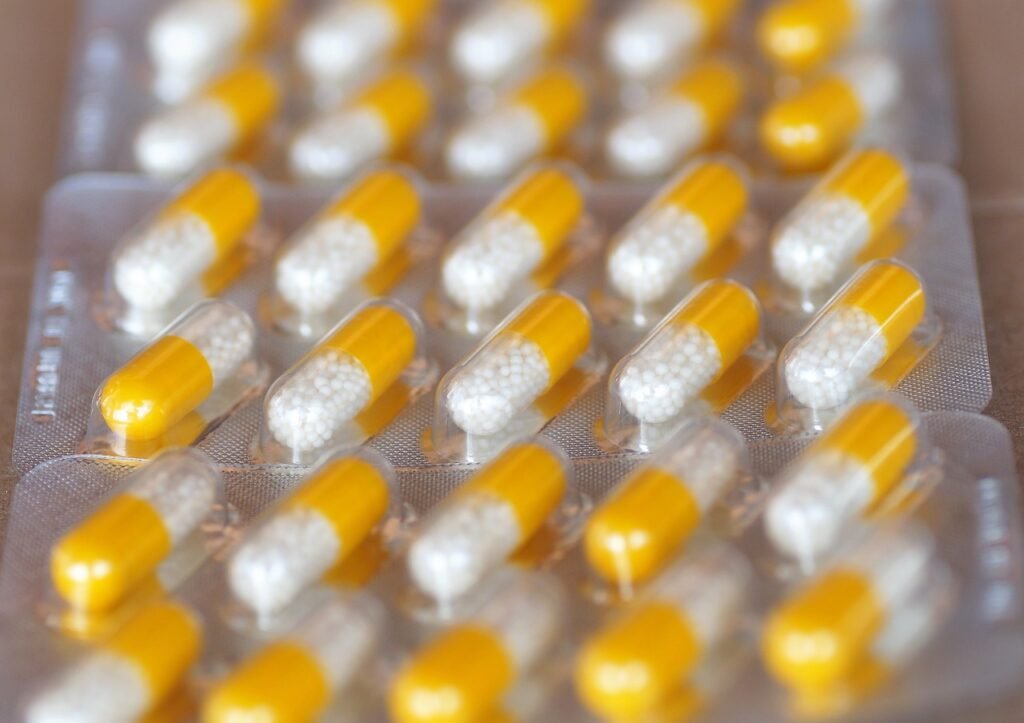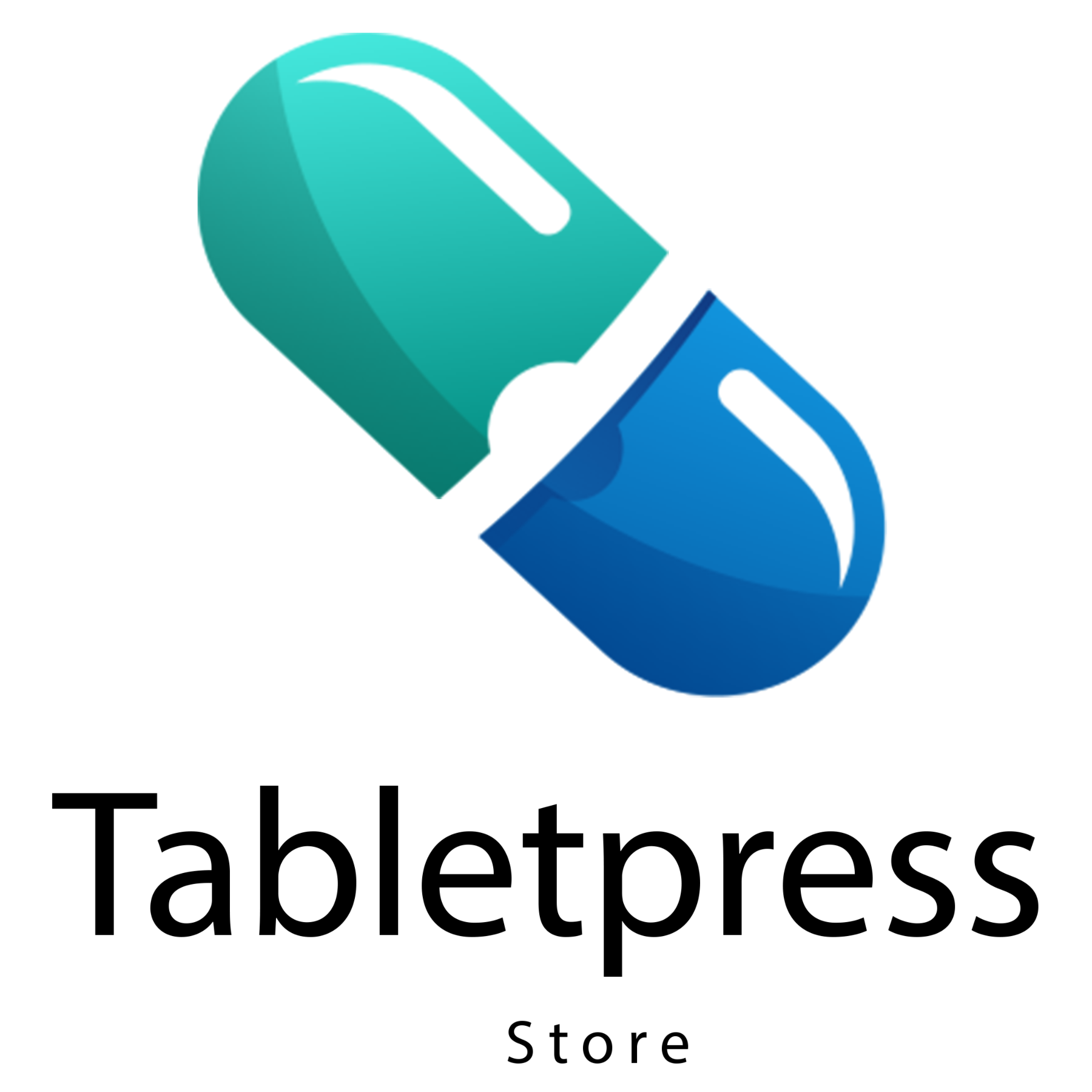Comparison between eccentric and rotary presses: The right choice for tablet production
Die Herstellung von Tabletten ist ein komplexer Prozess, bei dem die Wahl der richtigen Pressmaschine entscheidend ist. Ob in industriellen...
WORLDWIDE SHIPPING - Order now

Tablet press technology has undergone significant change in recent years, driven by the pharmaceutical industry's demands for greater efficiency, precision, and flexibility. While tablet presses were once relatively simple mechanically, modern developments in electronics, sensor technology, and software integration have set new standards. This technological advancement enables manufacturers not only to increase production speed but also to ensure significantly better quality assurance and traceability—two aspects that are essential in an increasingly regulated industry.
One of the key innovations is the integration of real-time monitoring systems into modern tablet presses. These systems use high-precision sensors that continuously collect data on pressure force, filling density, compression speed, and other critical parameters. The data obtained is immediately evaluated, enabling the machine to automatically make adjustments if deviations occur. This not only reduces the risk of defective batches but also minimizes waste, thus saving raw materials and costs. Furthermore, data acquisition enables seamless documentation of the production process, which is particularly crucial for GMP-compliant production.
Another significant advance is the modular design of new tablet presses. Manufacturers are increasingly relying on systems that can be flexibly adapted to different production requirements. This allows conversion to different tablet types – whether round, oval, two-layer, or with special active ingredient combinations – to be completed in significantly less time than before. This modular design also allows components such as dosing systems, punches, or dies to be replaced quickly and easily, further reducing downtime in the production process.
Automation has also found its way into tablet production, fundamentally changing the way things work. Modern presses are capable of autonomously completing entire production runs – including raw material feed, pressing, and quality control. Connection to production IT also plays a key role. Using industrial networks such as OPC UA or MQTT, machines can be seamlessly integrated into higher-level systems such as MES (Manufacturing Execution System) or ERP (Enterprise Resource Planning). This enables centralized control and monitoring of production, as well as integration into company-wide planning and logistics processes.
The increasing miniaturization of components also allows for the construction of more space-efficient machines without compromising performance. This is particularly advantageous for smaller production facilities or research institutions with limited space. At the same time, developments in energy efficiency are also progressing: New drive concepts, energy-saving sensors, and optimized control systems are contributing to significantly reducing energy consumption per tablet produced. In times of rising energy costs and growing environmental awareness, this is a competitive advantage that should not be underestimated.

A particularly promising area is the use of artificial intelligence (AI) in tablet manufacturing. Initial systems use machine learning to recognize production patterns and, based on historical data, suggest optimal settings for new production runs. This takes into account not only the physical properties of the tablets, but also data on machine wear, environmental conditions, and batch history. This allows for shortening start-up times, continuously optimizing processes, and detecting unexpected disruptions at an early stage.
Finally, cleaning and maintenance of modern tablet presses is becoming increasingly user-friendly. Innovative designs with smooth surfaces, few blind spots, and easily accessible components make cleaning significantly easier—a critical advantage in environments with frequent product changeovers. Some manufacturers also rely on self-cleaning systems or automated cleaning cycles that can be activated after a production run is completed. Maintenance is supported by digital maintenance plans, condition monitoring, and predictive maintenance, minimizing downtime and extending machine life.
Overall, it is clear that tablet press technology has become not only more efficient, but also more intelligent and sustainable thanks to continuous innovation. The combination of digitalization, automation, and flexible mechanics opens up entirely new possibilities in tablet production – from customized small batches to mass production with consistently high quality. The industry thus exemplifies the transformation of traditional mechanical engineering processes in the age of Industry 4.0.
Die Herstellung von Tabletten ist ein komplexer Prozess, bei dem die Wahl der richtigen Pressmaschine entscheidend ist. Ob in industriellen...
Der Kauf einer Tablettenpresse ist eine strategische Entscheidung für Unternehmen aus der Pharma-, Chemie-, Lebensmittel- oder Nahrungsergänzungsmittelindustrie. Die richtige Maschine...
Der Einsatz einer Tablettenpresse erfordert nicht nur technisches Verständnis, sondern auch sorgfältige Vorbereitung und Aufmerksamkeit. Obwohl diese Maschinen für die...
Die Herstellung von Tabletten ist ein komplexer Prozess, bei dem jede Komponente des Tablettenpressens entscheidend für die Qualität des Endprodukts...
